‘Barbie’ Star Simu Liu Says Film “Puts The Final Nail In The Coffin Of That Very Heteronormative Idea Of What Gender Is”
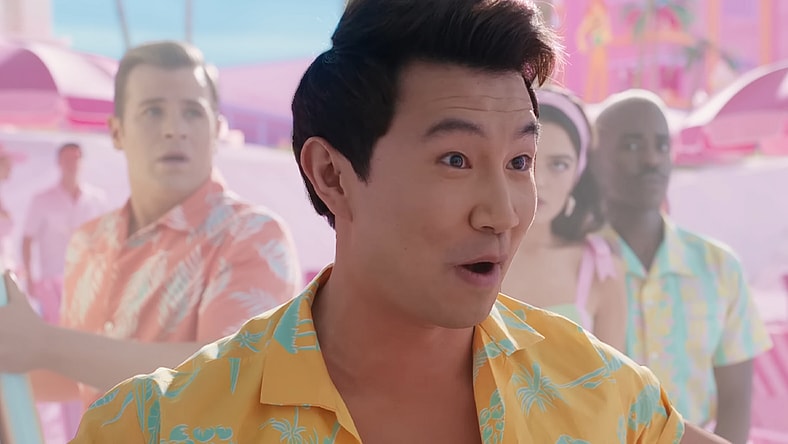
According to Barbie star Simu Liu, the upcoming Greta Gerwig-helmed film is worthy of praise for how it both “puts the final nail in the coffin” of society’s current concepts of gender and addresses the supposed representational imbalances found in kids’ toys.
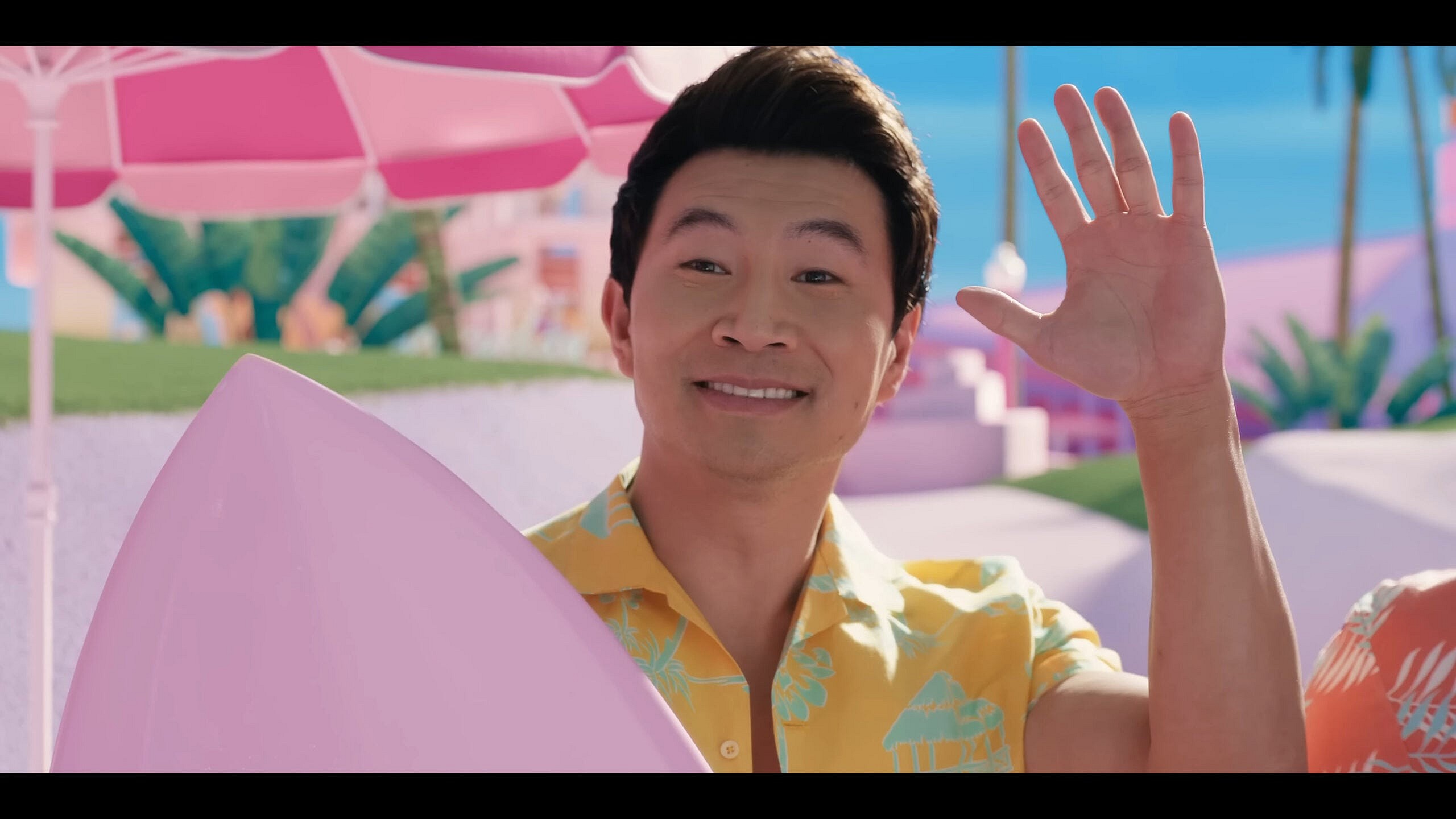
The Shang-Chi and the Legend of the Ten Rings actor offered his thoughts on his latest project during a recent interview with ScreenRant’s Joe Deckelmeier.
At the start of their interview, Deckelmeier opened by asking Liu, “How was your relationship with Barbie in the past, and did that understanding of Barbie change in the course of making this film?”
In turn, instead of offering a more human answer such as “Oh, I played with another toy” or just simply and understandably admitting that he didn’t want to play with a product marketed explicitly towards girls, Liu offered a diatribe of critical theory jargon.
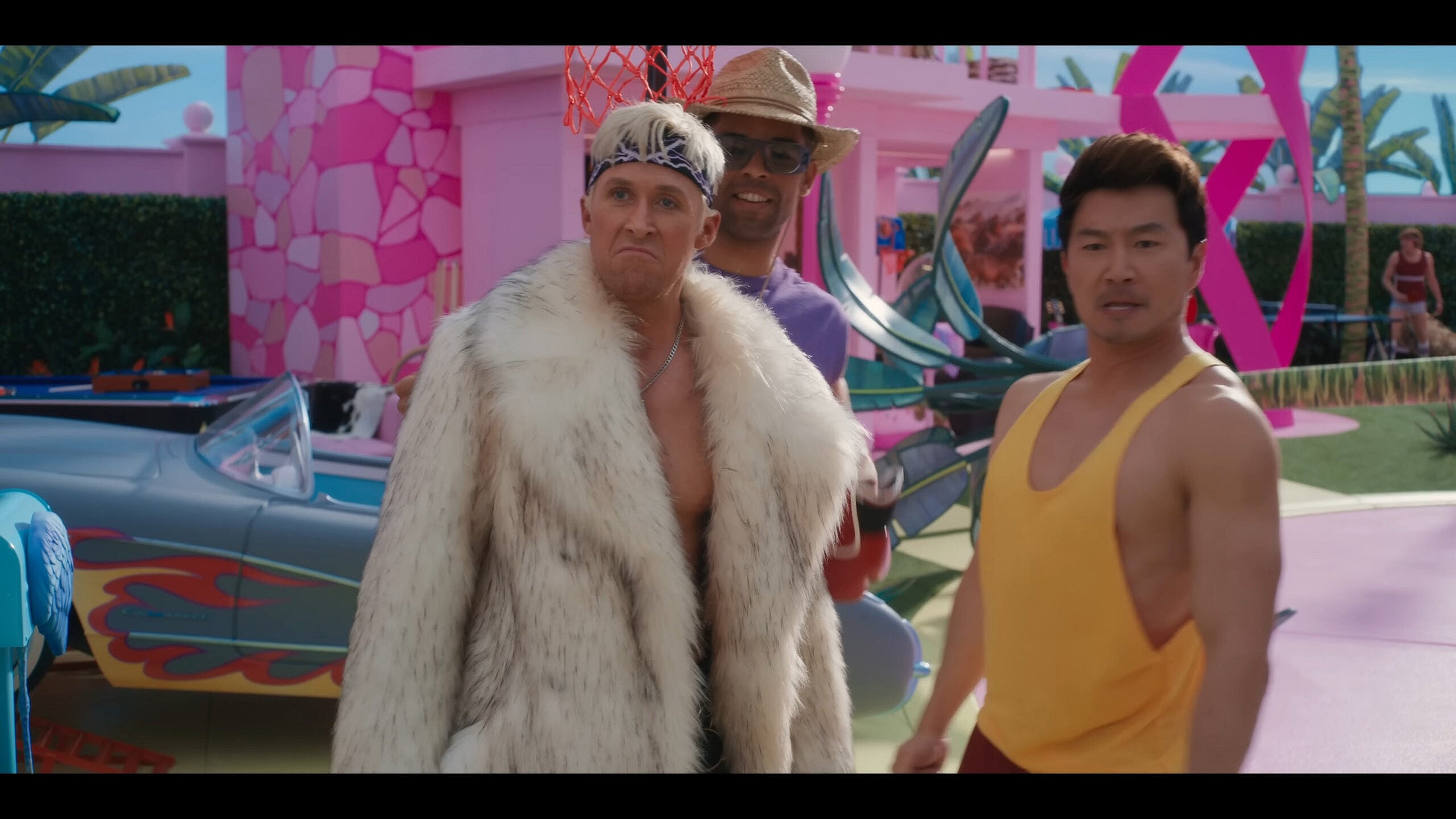
“I didn’t really have a relationship with Barbie in the past,” replied the virtue signaling-addicted actor. “I don’t know about you, but I grew up in a society where traditional gender norms were pretty heavily enforced and pretty prevalent, and so I think we, maybe you, were taught from a very young age that ‘Boys don’t play with that’. ‘Boys don’t wear pink’.”
“You know, colors became gendered, toys became gendered, there were all these rules that were imposed on us,” he continued. “So Barbie was always like, ‘Oh that’s not my toy. That’s on the other toy’. And I’m so glad that this movie exists because I think it puts the final nail in the coffin of that very heteronormative idea of what gender is, and what is or is not gendered. How can you make a color gendered, you know?”
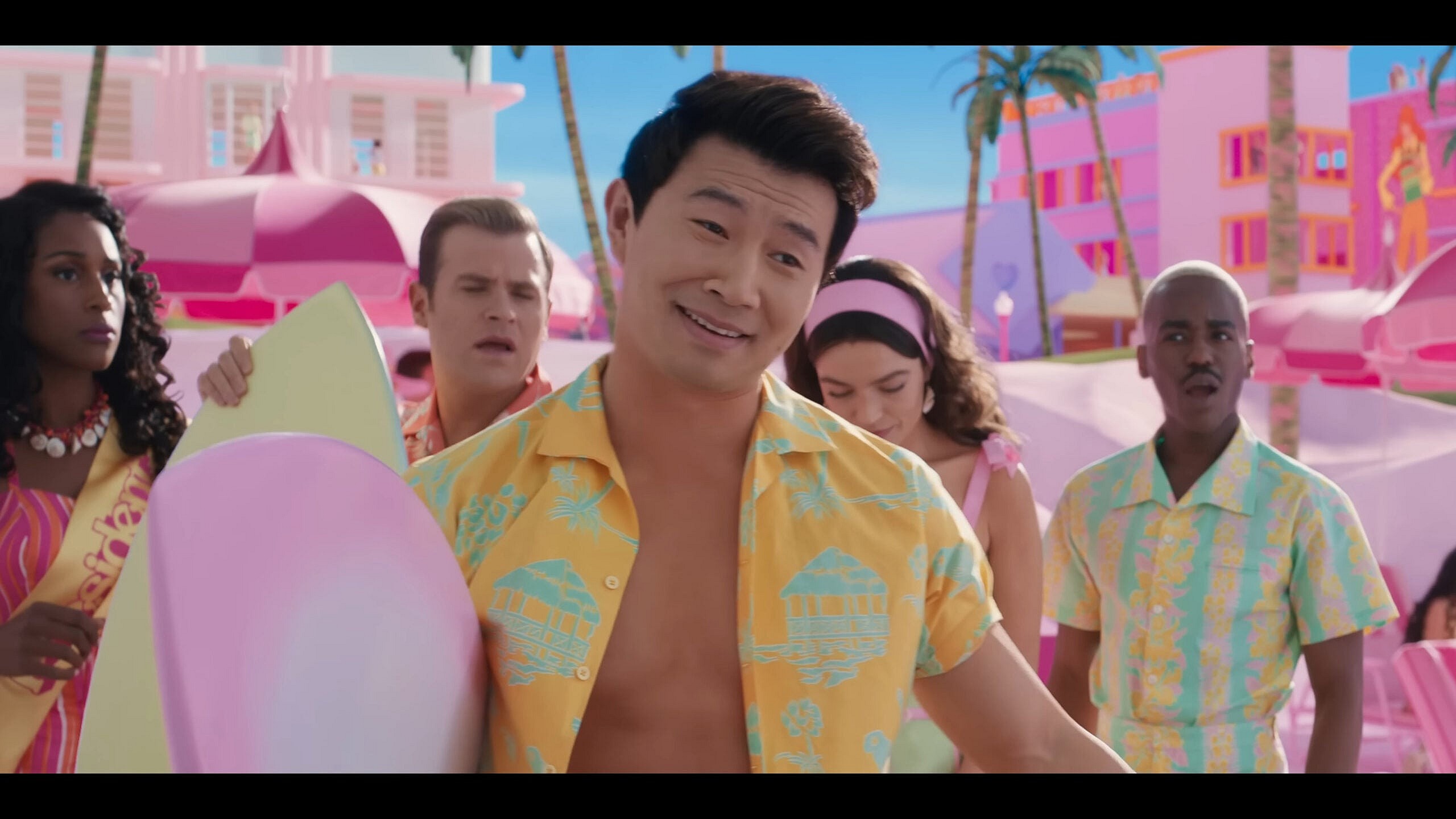
“Over the course of this movie I’ve seen, been around, worn, played with more pink than I ever thought possible and it was so great,” Liu further recalled. “And it’s so great to be free to express yourself in all of the ways you feel like you want to, and not to feel like because something is attributed to a certain gender or a certain idea that you can’t also do that. That’s I think what’s really struck me about being in this movie, what’s evolved in my understanding of Barbie and what it is, and what I hope that an audience will get from it when they watch the movie.”
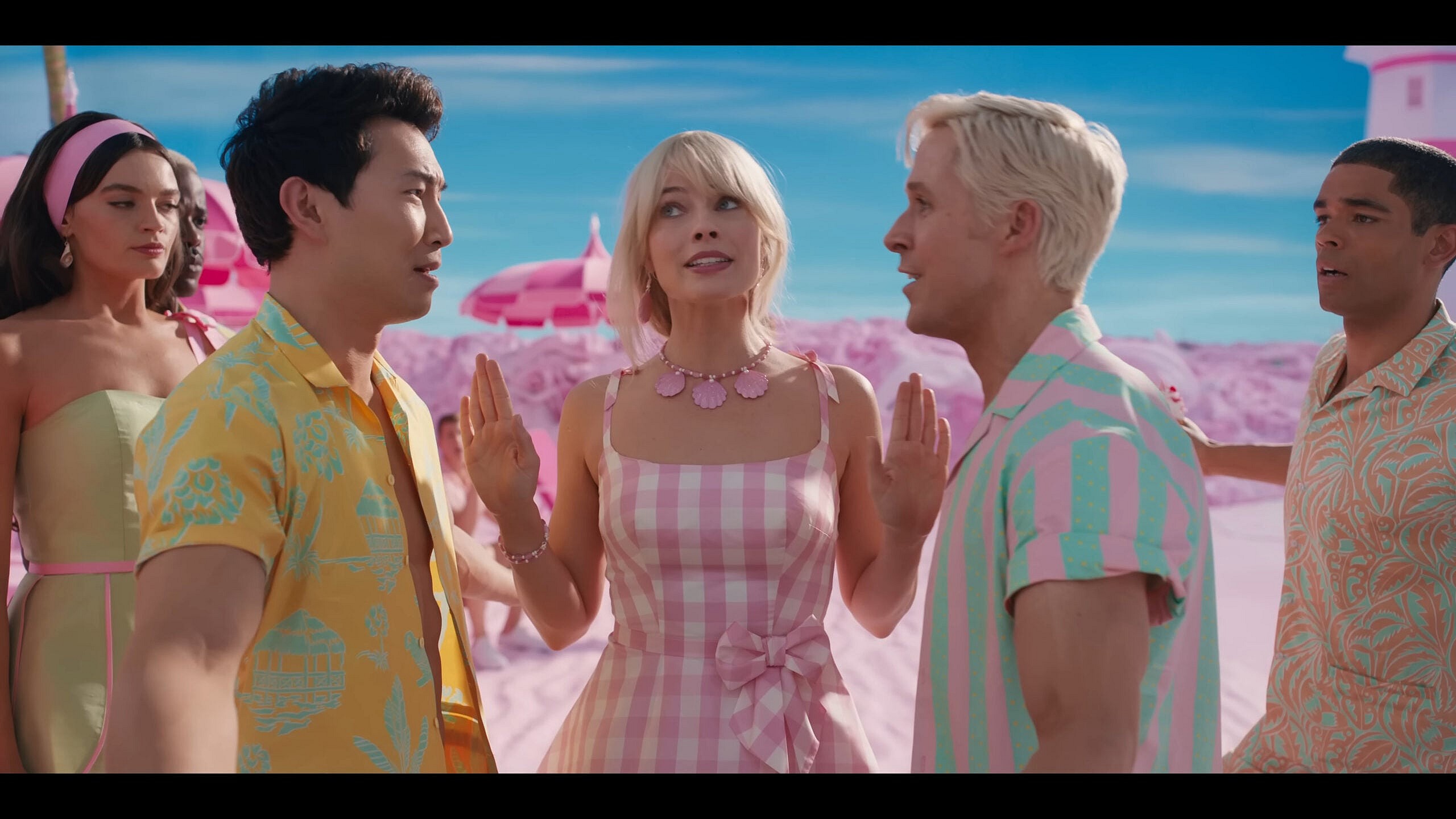
Following this answer, Deckelmeier indulged in his own interests and angled the conversation from Barbie to arguably one of the line’s greatest economic rivals, Power Rangers.
Pressed by the ScreenRant host on whether or not he could “quote any line from Forever Red“, the famous crossover episode of Power Rangers Wild Force which featured the return of several previous Red Rangers, Liu laughed that he could not quite quote any line before asserting “May the Power Protect Us” and using the question as a leaping off point for further discourse.
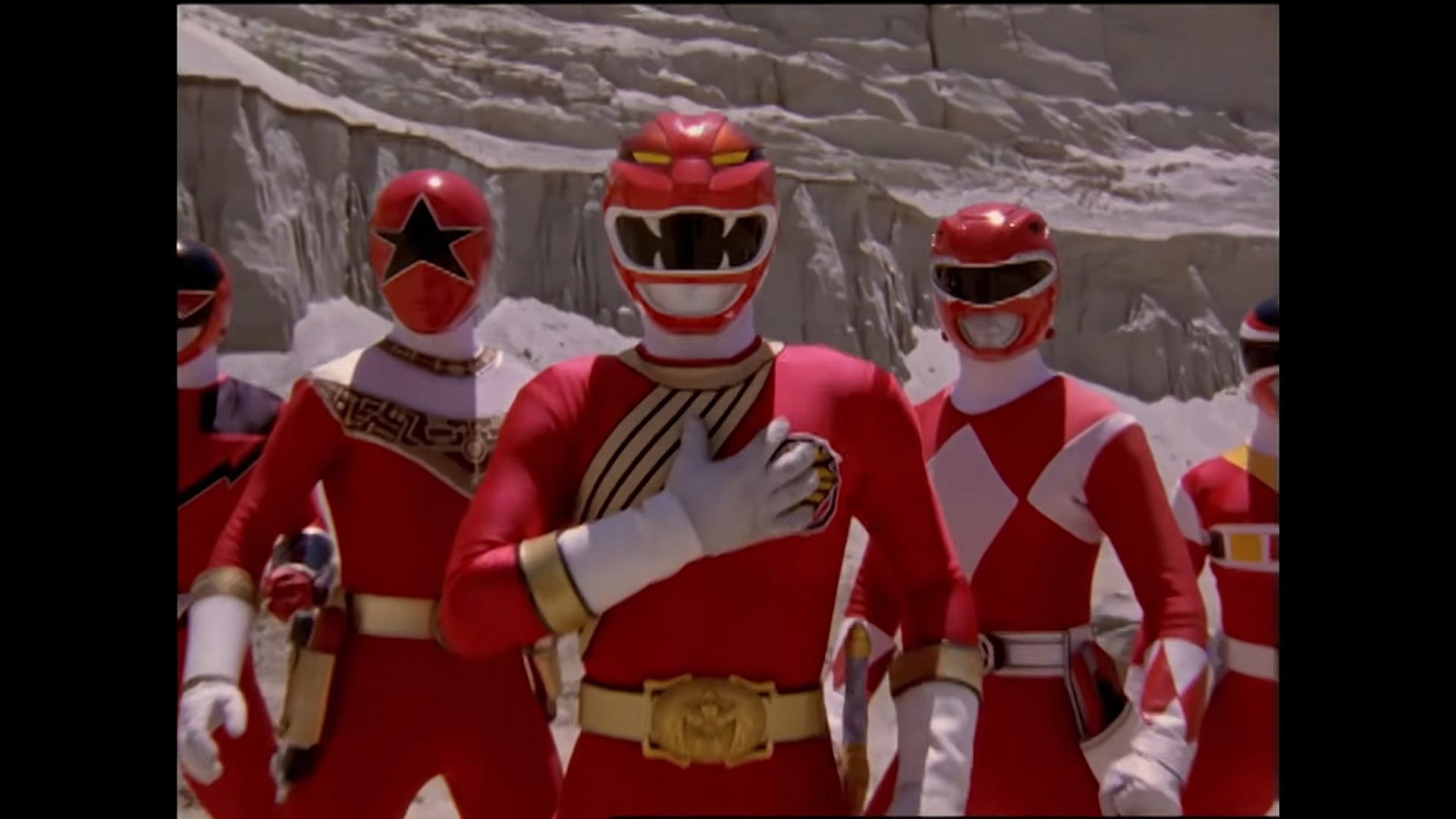
“This is the second interview in a row that I referenced Power Rangers, because I think we were talking about toys, and I was talking about how I played a lot of Power Rangers when I was a kid,” recalled the actor. “I was a huge Power Rangers fan, so I had a lot of those toys. We were talking about the representational element of Power Rangers, right? And I was figuring out in real time, like ‘Oh, yeah!’, why Power Rangers appealed to me so much.”
“And I think it was because I always felt very much a part of that world,” he admitted. “I felt like I was always represented. You know, that was very on-the-nose representation. It was, like, ‘black [person], black [Ranger]. Yellow [person], yellow [Ranger]’. It wasn’t perfect, but it was definitely there, and it was definitely trying.”
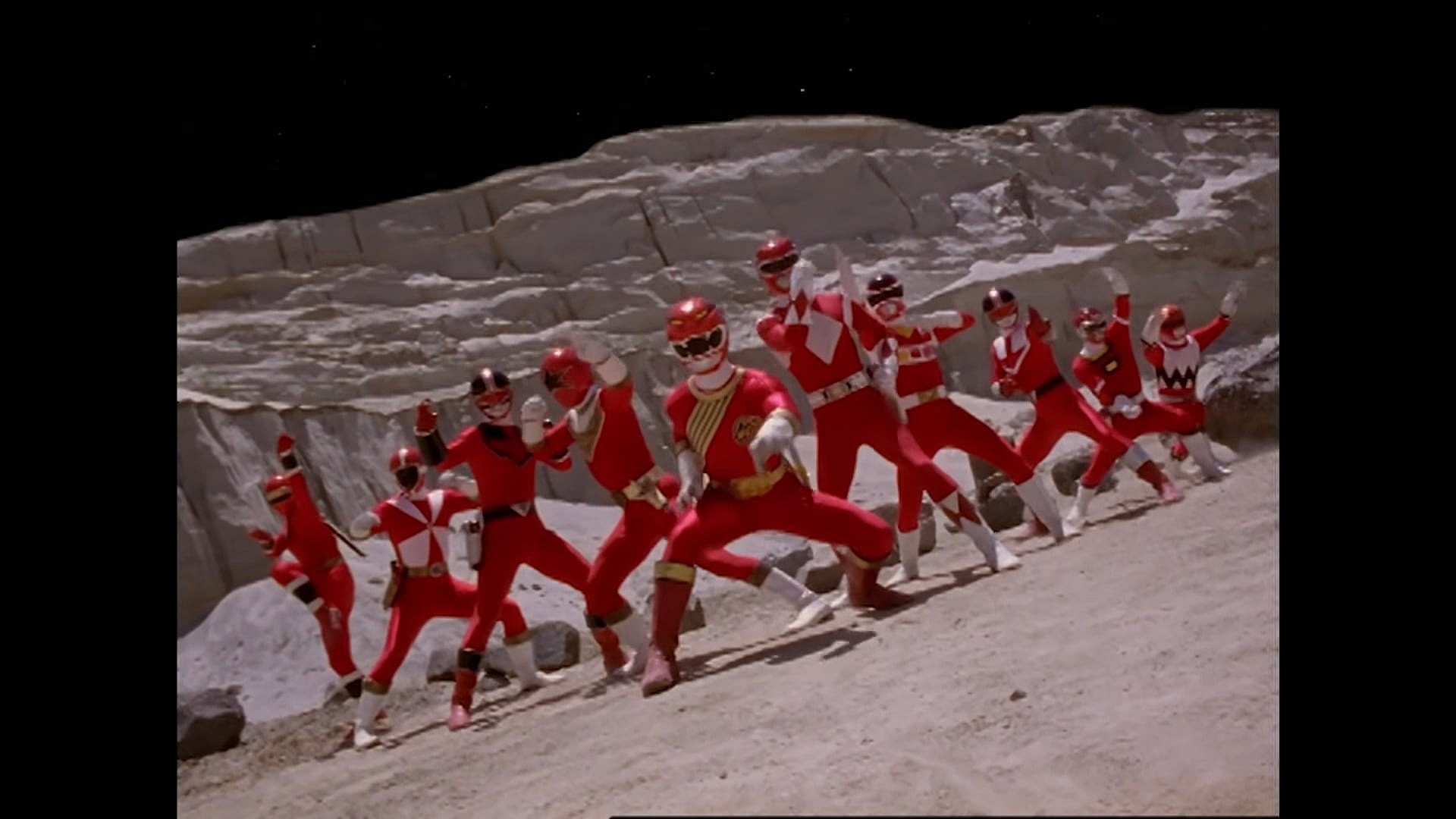
“And then I was kind of talking about Barbie, and how Barbie, 50 years ago, even 20 years ago, looked very different than it does now,” he then claimed. “It was very strictly blonde, white. As evidenced by now with Issa [Rae] getting her doll and there being so many different types of Barbies of different shapes, colors sizes gender expressions, that now, Barbie means a great deal many things, and Ken can mean just as many things as well. And that’s really cool.”
(It should be noted that Mattel has been manufacturing black dolls, as referenced by Liu’s highlight of Rae’s doll, ever since 1968 when they introduced Barbie’s friend Christie. A proper ‘black Barbie’ would later be made available for purchase in 1980.)
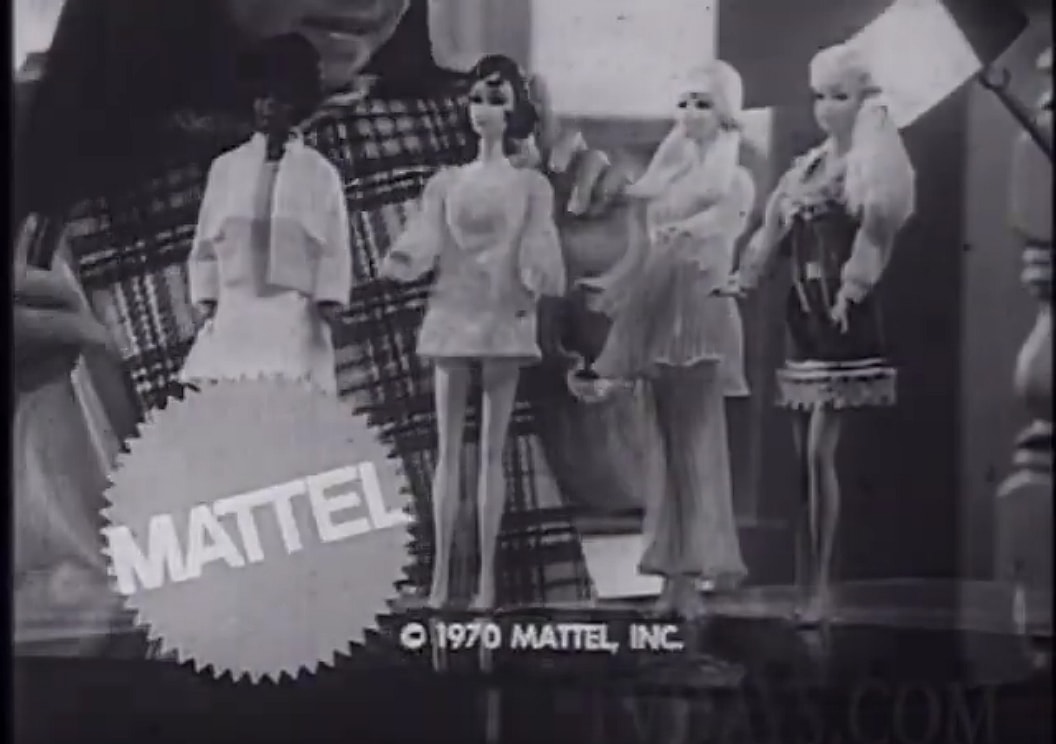
Their time together coming to a close, Deckelmeier ultimately asked Liu for his thoughts on what director Gerwig and star Margot Robbie “bring to this movie to take it to a whole new level of comedy and commentary”, Liu asserted, “Knowing that Greta is as just talented and intelligent of a storyteller as she is, you knew that she was going to create a story that was just really fresh and exciting and subversive and self-aware.”
“And I think Margot, who also produced the movie, just championed that so perfectly,” the Marvel actor asserted. “You have to really watch the movie to understand this, but like, it is a feat to have gotten Mattel on board with this movie. Because this movie really goes there, and it attacks all the criticisms of Barbie in the past. It joins in on the conversation, and it’s not just like a fluffy, cash-grabby, sort of like, ‘Look at us, we’re fine. Everything’s perfect.’ There are some really scathing critiques of the idea of Barbie, what Barbie has been or is. And also some really scathing critiques on Mattel as well, which I love.”
“But I think it really speaks to just how much everyone on board believed in the vision and the voice of this movie, that they were like, “No, this conversation needs to happen and Mattel needs to be in on this conversation, and we need to be a part of it,’ because that’s the only way that we can move forward,” Liu concluded. “That’s the only way that we can get the audience on board with the story that we want to tell.”
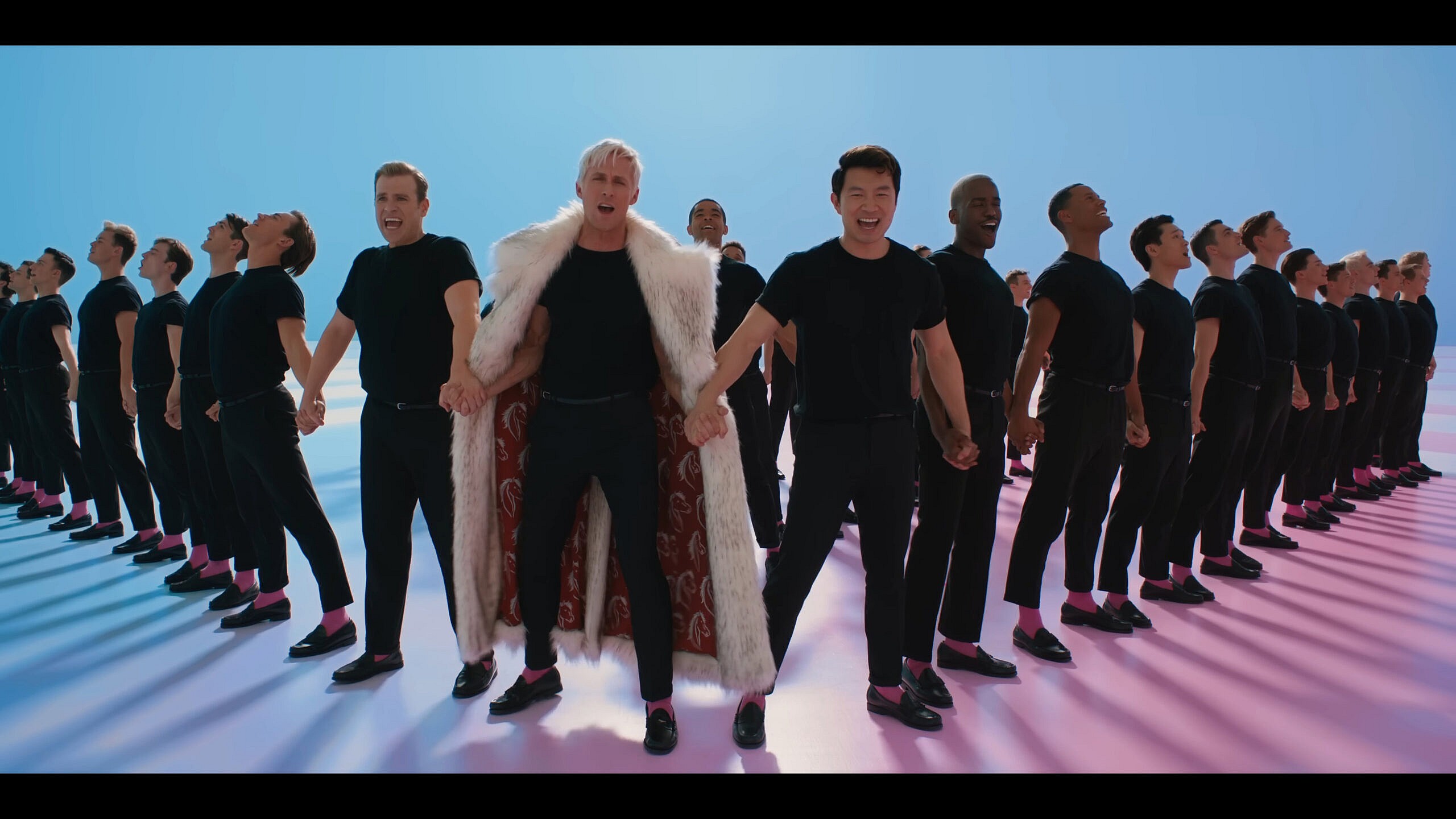
Barbie is currently set to open its packaging on July 21st.
